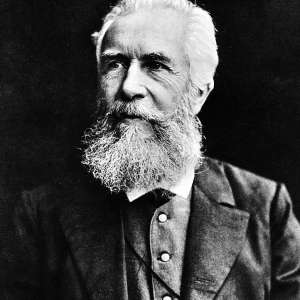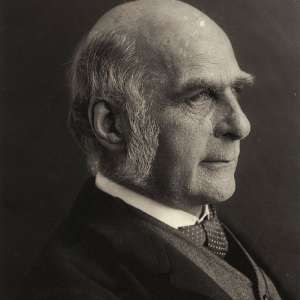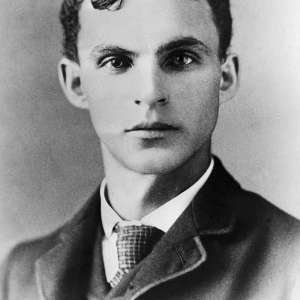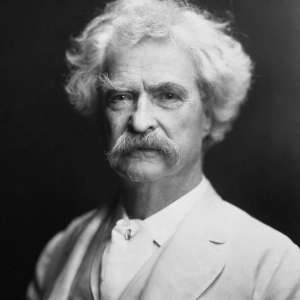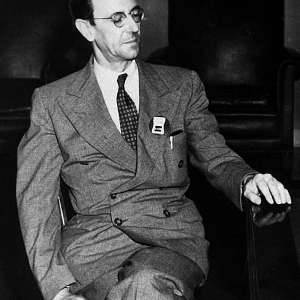
In 1865, Francis Galton published two articles on ‘Hereditary Talent and Character’. Already in his early forties, he was known in scientific circles as a geographer with a flair for quantification, most recently working in meteorology (it was Galton who identified and named the ‘anticyclone’), and to the wider public as an explorer of southern Africa and a travel writer. The new articles marked a decisive shift. Emphasising the pedigrees of eminent families, Galton argued that attaining high status was largely a matter of biological inheritance.
He also suggested how desirable it might be to encourage breeding among superior men and women and discourage it among their inferiors. As Galton’s first biographer and major disciple Karl Pearson pointed out, Galton here announced themes that would occupy him for the rest of his long and productive life, including anthropometry, statistics, the analysis of pedigrees, the dominance of ‘nature over nurture’ (a phrase Galton popularised) and ‘eugenics’ (his coinage).


